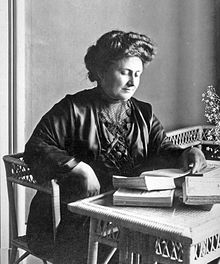Exploring Maria Montessori ‘s Educational Legacy
Maria Montessori, renowned as one of the most influential educators of the 20th century, left behind a rich legacy through her writings that continue to shape modern educational practices. In this blog post, we’ll delve into some of her seminal works, exploring the insights and principles that have transformed educational philosophy and practice worldwide.
1. “The Montessori Method” (1912)
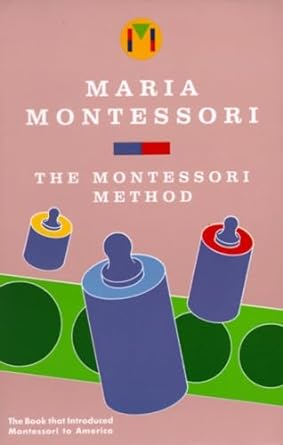
In her groundbreaking work, “The Montessori Method,” Maria Montessori outlined her revolutionary approach to education, emphasizing the importance of independence, freedom within limits, and respect for a child’s natural psychological, physical, and social development. This book serves as the foundation of the Montessori philosophy, introducing concepts such as the prepared environment, self-directed learning, and the role of the teacher as a facilitator rather than an authoritarian figure.
2. “The Montessori Own Handbook” (1914)
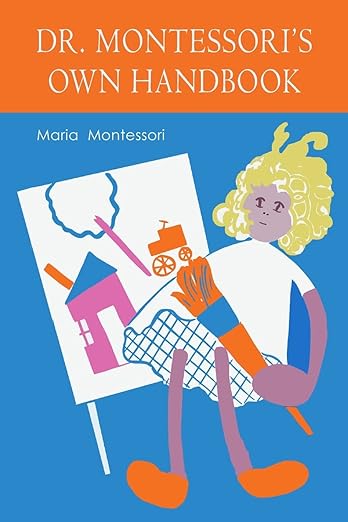
In “The Montessori Own Handbook,” Montessori provides practical guidance for parents and educators on implementing her method at home and in the classroom. Drawing on her experiences working with children from diverse backgrounds, she offers insights into creating an environment conducive to learning, fostering independence, and nurturing the holistic development of the child.
3. “The Absorbent Mind” (1949)
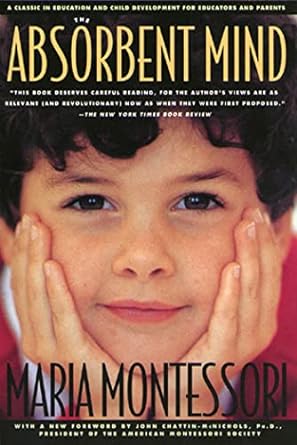
Montessori’s “The Absorbent Mind” explores the unique qualities of the child’s mind during the critical period of early development. She discusses the child’s innate capacity to absorb knowledge effortlessly and the importance of providing rich, sensorial experiences to support this natural learning process. This book deepens our understanding of the child’s developmental stages and highlights the significance of providing a stimulating environment to foster intellectual growth.
4. “The Secret of Childhood” (1936)
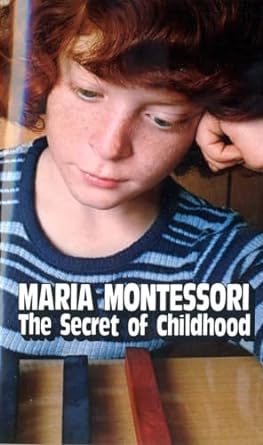
In “The Secret of Childhood,” Montessori delves into the inner world of children, unraveling the mysteries of their behavior, thoughts, and emotions. She advocates for a deeper understanding of the child’s psyche, emphasizing the role of observation and empathy in guiding their education. Montessori’s insights challenge conventional notions of childhood, urging adults to respect and honor the child’s innate potential and unique individuality.
5. “The Discovery of the Child” (1948)
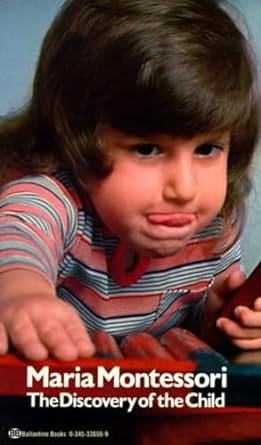
Montessori’s “The Discovery of the Child” chronicles her observations and experiences working with children in various educational settings. Through detailed case studies and anecdotes, she illustrates the transformative power of her method in unleashing the natural curiosity and creativity of the child. This book serves as a testament to Montessori’s belief in the inherent goodness and intelligence of every child, inspiring educators to trust in the child’s innate drive for self-construction.
6. “Pedagogical Anthropology” (1963)
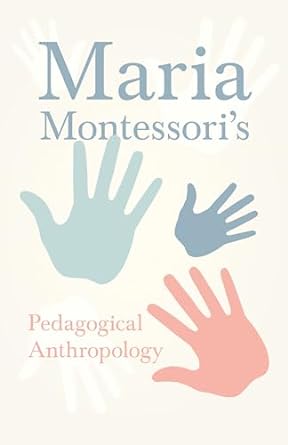
In her final work, “Pedagogical Anthropology,” Maria Montessori synthesizes her educational philosophy with insights from anthropology, psychology, and sociology. She explores the universal principles underlying human development and education, offering a holistic perspective on the interconnectedness of individuals within society. This book underscores Montessori’s lifelong commitment to creating a more harmonious and compassionate world through the transformative power of education.
Maria Montessori’s writings continue to resonate with educators, parents, and researchers worldwide, offering timeless wisdom and practical guidance for nurturing the potential of every child. From “The Montessori Method” to “Pedagogical Anthropology,” her works serve as a beacon of hope and inspiration for those dedicated to creating a more enlightened and compassionate society through the education of the next generation. As we embark on this journey of discovery, let us heed Montessori’s call to embrace the child’s innate curiosity, creativity, and capacity for self-directed learning, paving the way for a brighter future for all.
